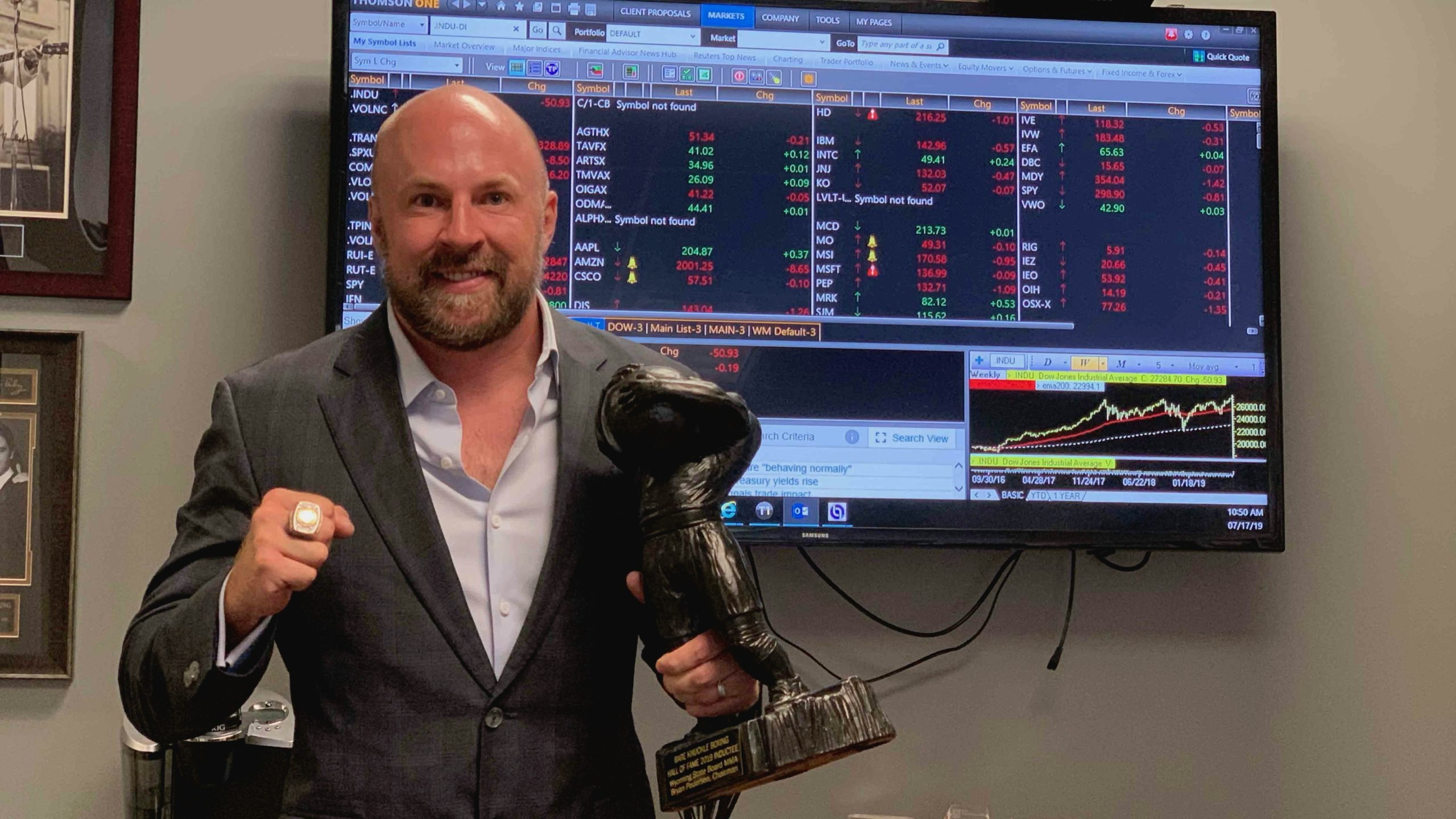A 0.5% interest rate increase approved by the Federal Reserve probably won’t be felt by Wyoming’s consumers for three to six months, according to a financial advisor.
Bryan Pedersen, senior vice president and financial advisor for RBC Wealth Management in Cheyenne, said while the rate hike designed to slow inflation is probably a good idea, it will have an impact on consumers.
Pedersen cited as an example a person trying to buy a house. The interest rate increase will translate to either a higher monthly mortgage payment or down payment.
This in turn may affect that trip to Disneyland that the family was planning to take, which has a ripple effect on the profitability of the company and consumer spending.
“Either way, you have less money to spend,” he said.
The interest rate increase was adopted as a way to slow inflation, which is at its highest rate since 1981. It is the biggest rate hike adopted since 2000.
The boost will raise interest rates to 0.75% to 1%, still relatively low compared to 1.5% immediately before the pandemic and around 5% in the 1990s.
Inflation has also had an impact on the housing supply nationally, with record low numbers of homes reported available.
While the interest rate increase will not help ease shortages in the national housing supply, it may help slow increases in housing prices seen over the past few years, said Scott Richard, a Cody real estate agent.
“It’s estimated that $8.1 trillion in home equity have been gained across the country during the past two years,” Richard said.
Richard said the current housing market has not been a boon for real estate agents because homeowners are uneasy about selling their homes given the difficulties in buying new property.
“People are afraid to sell their homes because they don’t think they will be able to buy or find another house, which is adding to the problem,” Richard said.
The rental market is no different, he said, with the housing shortage pushing more people into that market. He said the current scenario was created by a “perfect storm” of the war in Ukraine, COVID-19 pandemic and corresponding supply chain shortages.
Like homeowners trying to make their mortgage payments, corporations will also feel the pinch. The higher rates will impact how much money businesses can borrow to grow their assets and will likely slow down growth as money becomes tighter, Pedersen said.
“When you take money out of the system, it slows purchasing power for both families and businesses,” he said.
All in all, raising the interest rate was a good idea, said Pedersen, because it should help the country avoid the “stagflation” of the 1970s, when inflation continued for five years.
“In the short run it is painful for portfolios and the stock market,” he said. “In the long term, addressing inflation is better for the overall long-term health of the economy.”





